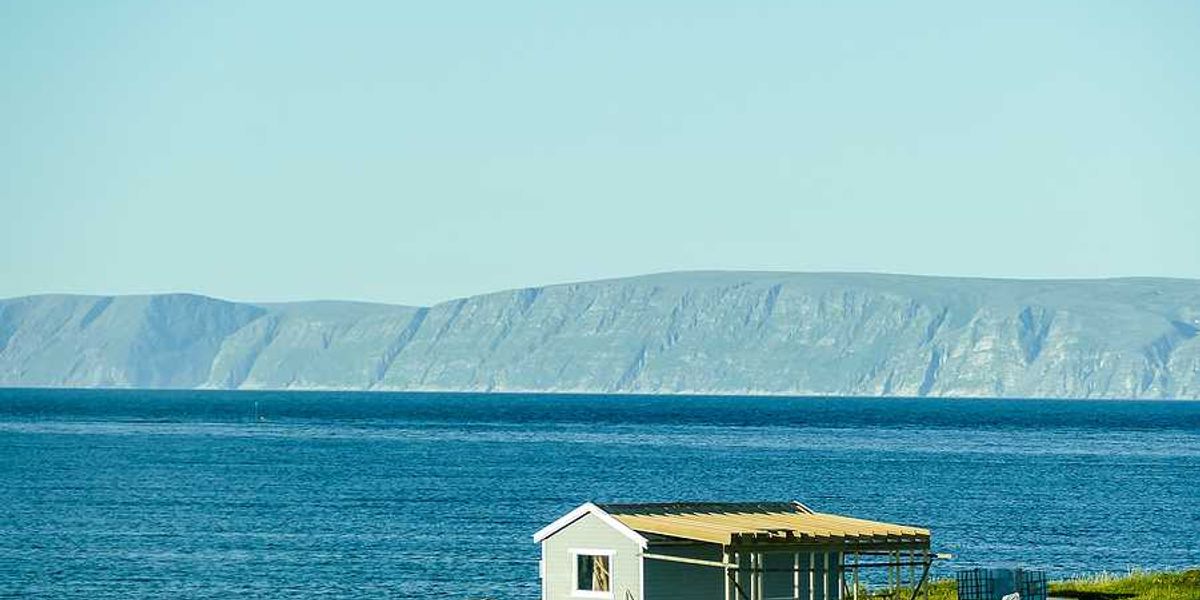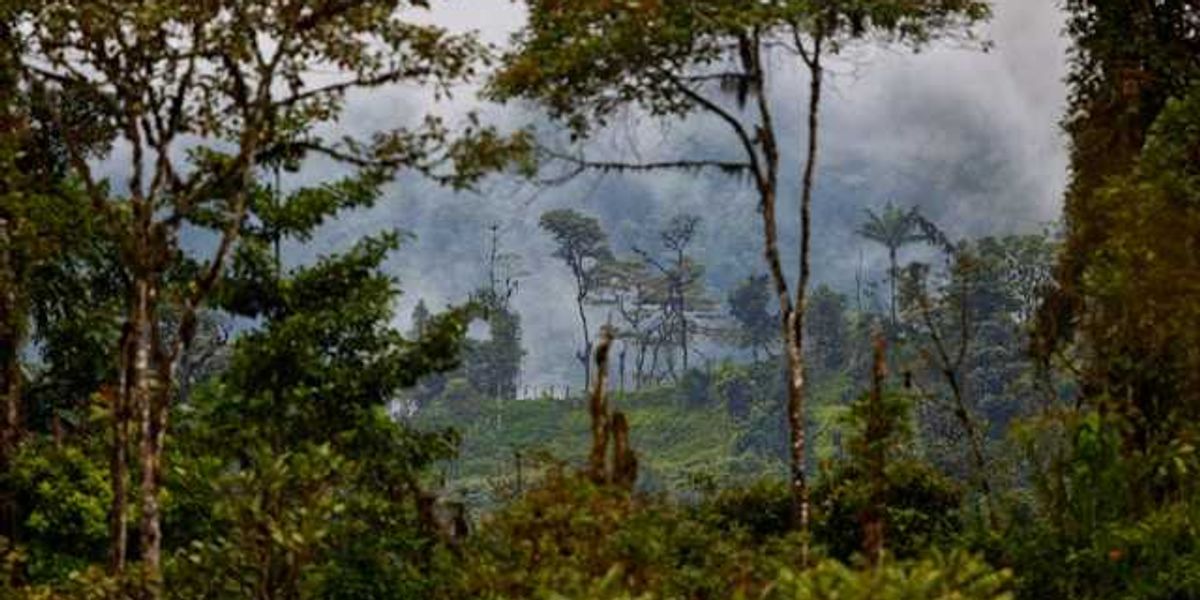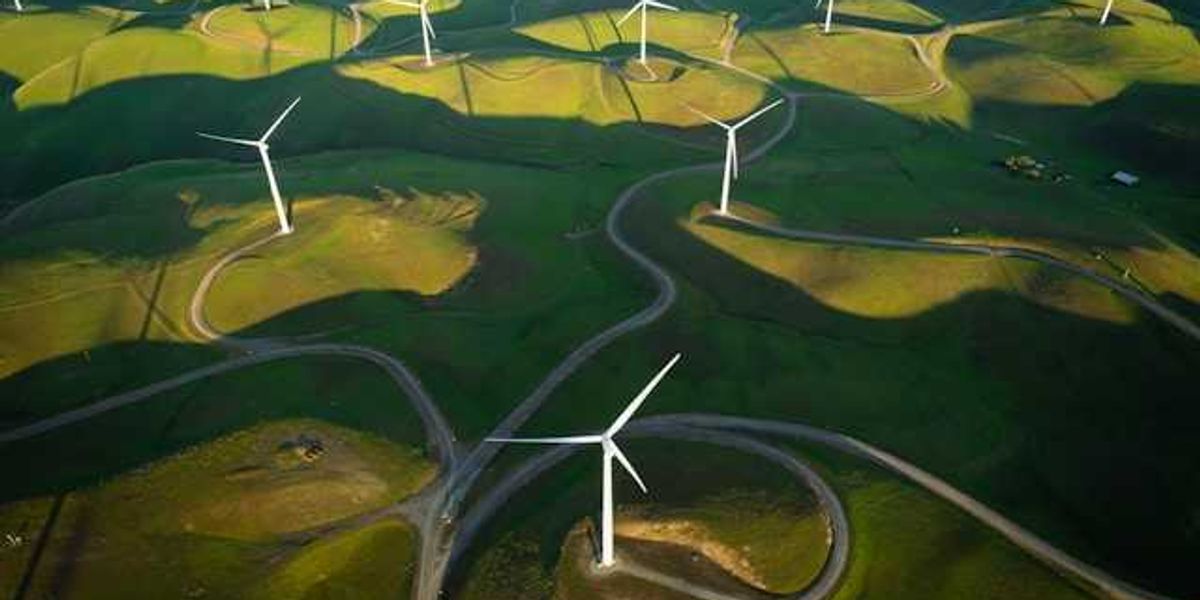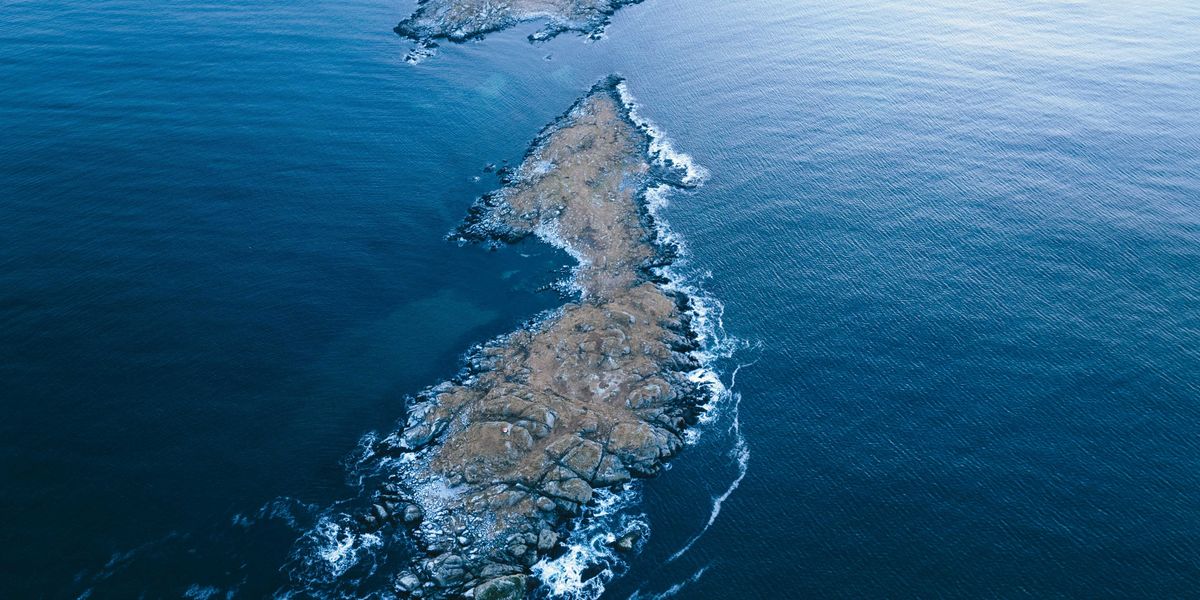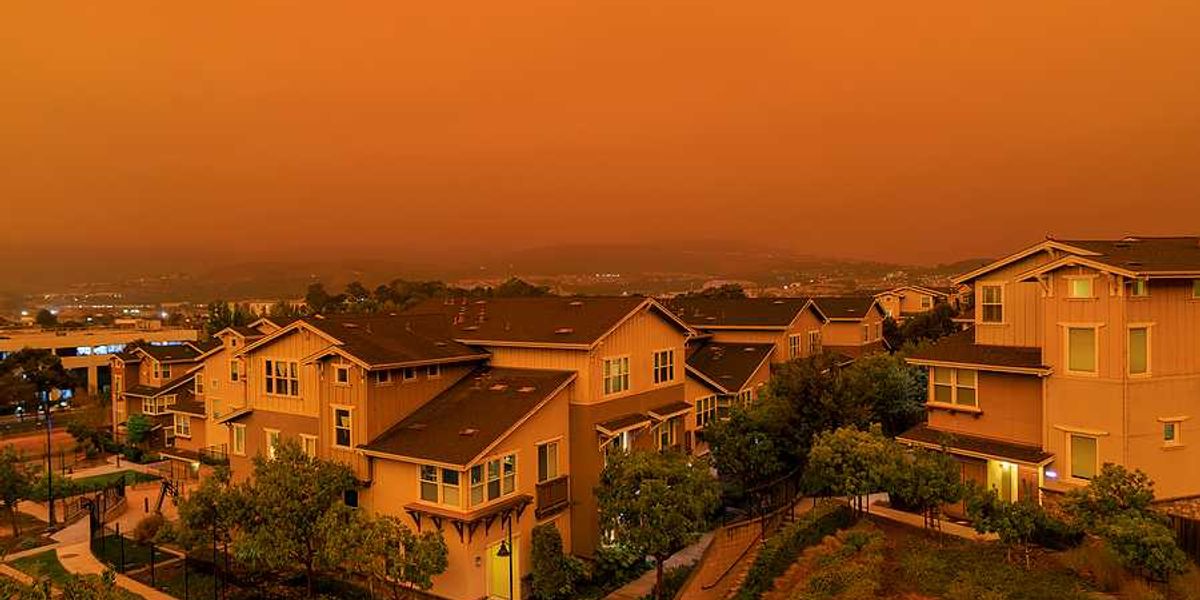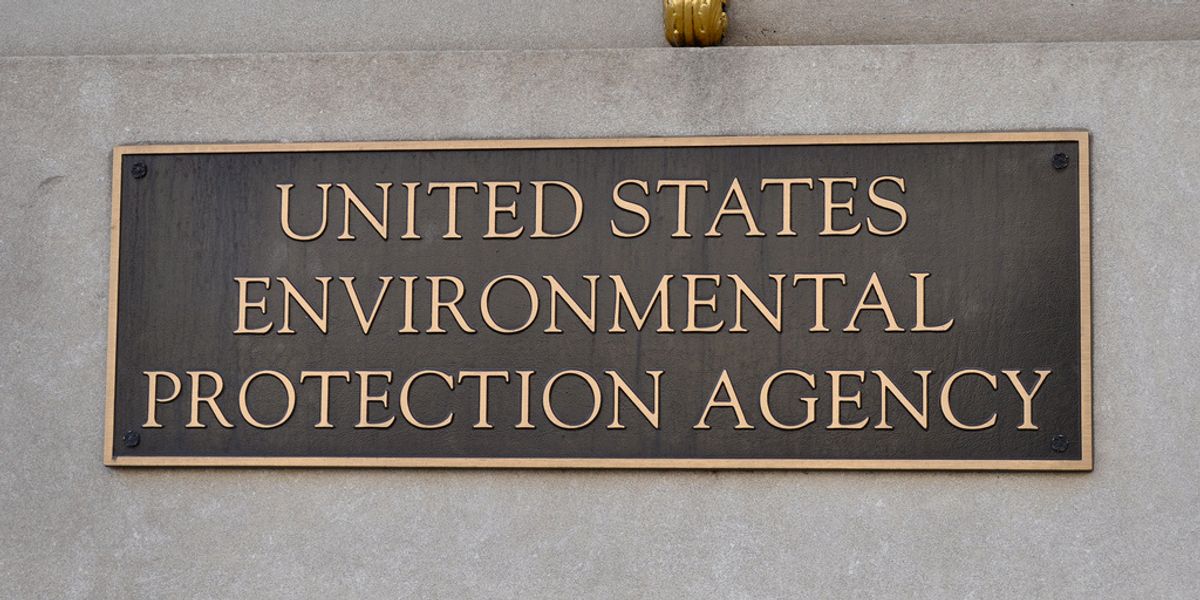
Weekend Reader: The shove heard 'round the planet (sort of)
EPA's strongarm tactics with reporters bode ill for the environment and the First Amendment
If you define the planet as a small, somewhat insular coterie of journalists working a largely-neglected beat, then yes, this is a Shot Heard 'Round the Planet. (h/t, Ralph Waldo Emerson).
This week, the beleaguered EPA press staff went Full Soprano on an Associated Press reporter trying to attend a meeting. While some reporters were admitted to an agency briefing on PFAS—perfluorinated chemicals linked to cancer and present in many American water systems—others were blocked. Journalists from CNN and E&E News were told they could not enter, but AP's Ellen Knickmeyer was grabbed by security guards and shoved away from the room, according to Knickmeyer and witnesses.
EPA reversed course and phoned Knickmeyer to apologize, according to published reports. But that any federal agency's professional staff could think that this was a smart tactic to begin with shows how big the gap is between the Administration of a man who says "everyone's talking about" his run at the Nobel Peace Prize and those of us in the Fake Media.
Will heads roll at EPA over this? Well, consider that Scott Pruitt's head is fully attached despite the ethical swamp he seems to have created with abandon.
My colleagues at the Society of Environmental Journalists emailed a letter to EPA, pointing out how "patently ridiculous" EPA's behavior was. Tucked into SEJ President Bobby Magill's letter was an ironic gem. EPA had explained that the room wasn't big enough to include all reporters—including some who say their requests for inclusion, by phone or email, were ignored.
"Surely, larger rooms were available at the EPA headquarters or in a nearby federal building or hotel."
It turns out the nearest hotel, barely more than a red-tie-length away from EPA's Pennsylvania Avenue HQ, is the Trump International Hotel. I get it. Nice one.
The bottom line on this one is fairly obvious, and was made by quite a few people this week: Contempt for the environment is a hallmark of the new EPA—revulsive to many, but not strictly unconstitutional. Contempt for a free press is contempt for the First Amendment, so there's some new ground being broken in Mr. Pruitt's neighborhood.
As President Trump might say, everyone's talking about it. At least in our community.
Top Weekend News
Inspiring read from Drew Philip in The Guardian on Appalachian tree-sitters seeking to stop a pipeline.
Why gasoline prices have risen by 31% since Memorial Day last year. (CNN)
From the Miami Herald: Miami Beach Mayor Philip Levine is basing his run for Florida Governor on climate concerns. And it's complicated.
New Republic's Emily Atkin: What is Kilauea's climate impact?
From Ensia: Why are environmental groups so white? (Ed. Note: And why are we still asking this after 30 years?)
Opinion Pieces and Editorials
The News-Review of Roseburg, OR editorializes on EPA's harsh treatment of reporters.
Not unrelated, from the Montana Post: A congressman best known for assaulting a reporter last year has banned public meetings with his constituents due to "security risks."
Flashback: Reporter Sharon Lerner's New York Times op-ed previewed some of the concerns that surfaced during EPA's reporter fracas this week.
Podcasts of Note
EHN's Peter Dykstra and Living On Earth host Steve Curwood discuss how seafood species are moving north in warming waters.
Rollbacks, Swamp Drainers and Denial For This Week
From Jeremy Deaton of Nexus Media: Study finds close links between racist behavior and climate denial.
From the AP's shovee, Ellen Knickmeyer: EPA's collusion with the Heartland Institute.
From the Pittsburgh Post-Gazette: While coal plants decline in the U.S., American firms are promoting their expansion in Southeast Asia.

